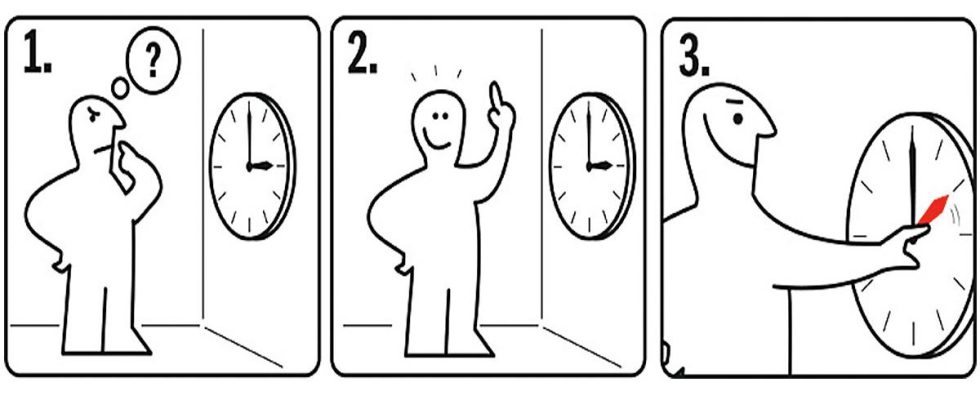Published 2023-10-25 11.53
Save the article
Photo: Paul Wallander
Congratulations! You get a bonus hour.
This weekend we switch to winter time.
The last weekend in October is here. This means that we switch to winter time, or standard time as it is also called.
On the night between Saturday October 28 and Sunday October 29, we say goodbye to summer time for this time and welcome winter time, which will last until March 31, 2024.
And yes, it is a time change of the luxurious kind, when we get an extra hour.
When the clock turns to 03, it becomes 02 again and suddenly we get some bonus time. Perfect for both morning tired and night sleepers.
Forward or backward?
Nowadays, the vast majority of mobile phones and computers set themselves to winter time automatically. But it’s easy to forget the oven clock, the wristwatch and the car.
The rule of thumb is usually:
When the outdoor furniture and grill arrive (in the spring), the clock is pulled forward. When the garden furniture is put back into storage again, the clock goes back.
And it won’t be the last time we change. Within the EU, many people want to stop changing the clock twice a year. They had even set a deadline – this spring would have been the last time we set the clock. But the EU countries could not agree.
So goodnight to summer time – and enjoy your extra hour!
FACTS From local time to European time
Before 1879, different parts of Sweden had their own local time. There was a difference of 52 minutes between Sweden’s westernmost and easternmost points. The rise of the railroad forced a unified national standard time.
In 1900, Sweden then joined the international time zone system.
In 1916, Germany was the first to introduce summer time, in the middle of the First World War. Many countries feared that the Germans had come up with a new method to strengthen their economy and thus their military power. Several followed in the same year, including Sweden.
The experiment was short-lived, but in the 1970s the proponents of daylight saving time gained more and more support. From the 1980s, a common summer time was introduced in most European countries. At first it was thought that energy costs would decrease by around five percent, but later calculations have shown that this was not the case.
Since 1996, the clock is turned forward one hour on the last Sunday in March (summer time), and back again on the last Sunday in October (winter time). Since 2002, summer time has been common throughout the EU.
(Source: TT, NE, EU Commission)
Read more
